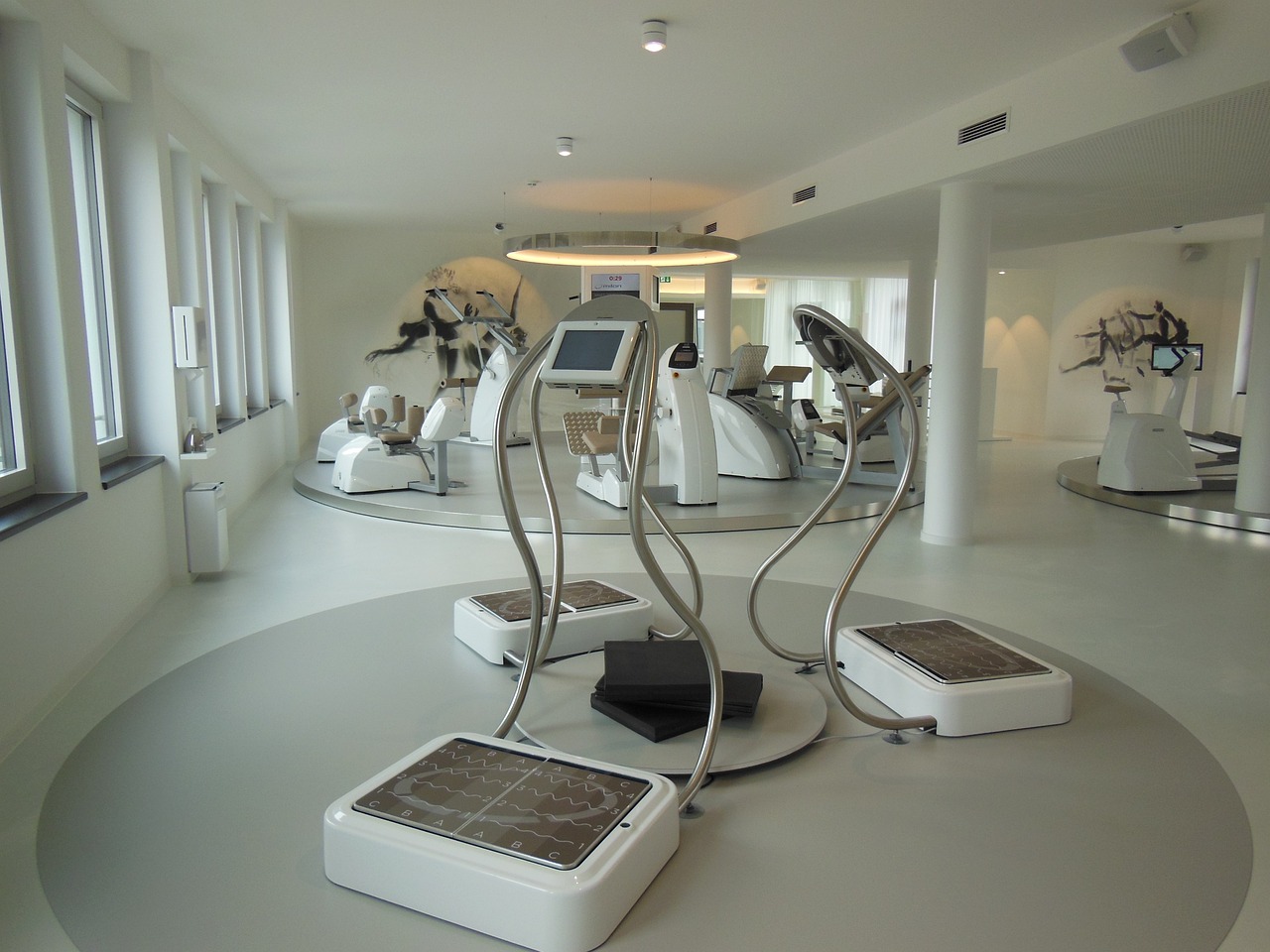The Potential of Biofeedback in ADHD Management
Biofeedback is a non-invasive approach that has gained recognition in managing attention-deficit/hyperactivity disorder (ADHD) symptoms. Through biofeedback, individuals can learn to self-regulate their brain activity and body functions that are typically impaired in those with ADHD. This technique provides real-time feedback on physiological parameters, such as heart rate variability and skin conductance, allowing individuals to make voluntary adjustments to improve attention and behavior.
One of the key aspects of biofeedback is its personalized approach to treatment. By targeting specific physiological markers unique to each individual, biofeedback sessions can be tailored to address their specific ADHD symptoms. This individualized approach enhances the effectiveness of the treatment and can lead to long-lasting improvements in managing ADHD symptoms without the need for medication or invasive procedures.
Understanding the Science Behind Biofeedback for ADHD
Biofeedback is a technique that enables individuals to learn how to regulate their bodily functions through real-time monitoring of physiological changes. For individuals with ADHD, biofeedback can be particularly beneficial in helping them improve their attention, impulse control, and emotional regulation. By providing immediate feedback on factors such as heart rate, skin conductance, and muscle tension, biofeedback helps individuals become more aware of their physiological responses and teaches them how to modify these responses through relaxation techniques.
One of the key principles behind biofeedback for ADHD is neuroplasticity, which refers to the brain’s ability to reorganize itself by forming new neural connections. Through repeated practice of biofeedback techniques, individuals with ADHD can actually train their brains to function more effectively by strengthening neural pathways associated with attention and impulse control. This process of neurofeedback can help individuals with ADHD develop greater self-regulation skills and improve their overall cognitive functioning.
Benefits of Using Biofeedback in ADHD Treatment
Biofeedback emerges as a promising non-invasive approach for managing symptoms of Attention Deficit Hyperactivity Disorder (ADHD). By enabling individuals to monitor and regulate their physiological responses, such as heart rate and brainwave activity, biofeedback offers a unique way to enhance self-awareness and self-regulation skills in individuals with ADHD. This increased awareness can empower individuals to recognize and address internal cues associated with hyperactivity, impulsivity, and inattention, ultimately leading to improved behavioral control and attention span.
Moreover, biofeedback has been found to be particularly valuable in individualizing treatment plans for those with ADHD. The real-time feedback provided during biofeedback sessions allows clinicians to tailor interventions based on each individual’s specific needs and responses. This personalized approach can result in more effective and targeted interventions, potentially leading to better outcomes and symptom management in individuals with ADHD.
– Biofeedback helps individuals monitor and regulate physiological responses
– Enhances self-awareness and self-regulation skills in individuals with ADHD
– Empowers individuals to recognize and address internal cues related to symptoms
– Improves behavioral control and attention span in individuals with ADHD
– Biofeedback allows for individualized treatment plans for those with ADHD
– Real-time feedback helps clinicians tailor interventions based on specific needs
– Personalized approach can lead to more effective and targeted interventions
– Better outcomes and symptom management possible through biofeedback therapy
What is biofeedback?
Biofeedback is a technique that helps individuals learn how to control physiological processes in their body, such as heart rate, muscle tension, and brainwave activity.
How does biofeedback work for ADHD treatment?
Biofeedback for ADHD involves monitoring and providing visual or auditory feedback on brainwave patterns or other physiological functions to help individuals regulate their attention and behavior.
Is biofeedback a safe approach for ADHD treatment?
Yes, biofeedback is a non-invasive and safe approach for managing ADHD symptoms without the use of medication.
How long does it take to see results from biofeedback for ADHD?
The time it takes to see results from biofeedback for ADHD can vary depending on the individual, but many people report improvements in attention and behavior within a few weeks of starting treatment.
Can biofeedback be used as a standalone treatment for ADHD?
Biofeedback can be used as a standalone treatment for some individuals with ADHD, but it is often used in combination with other therapies, such as medication and behavioral interventions, for optimal results.







